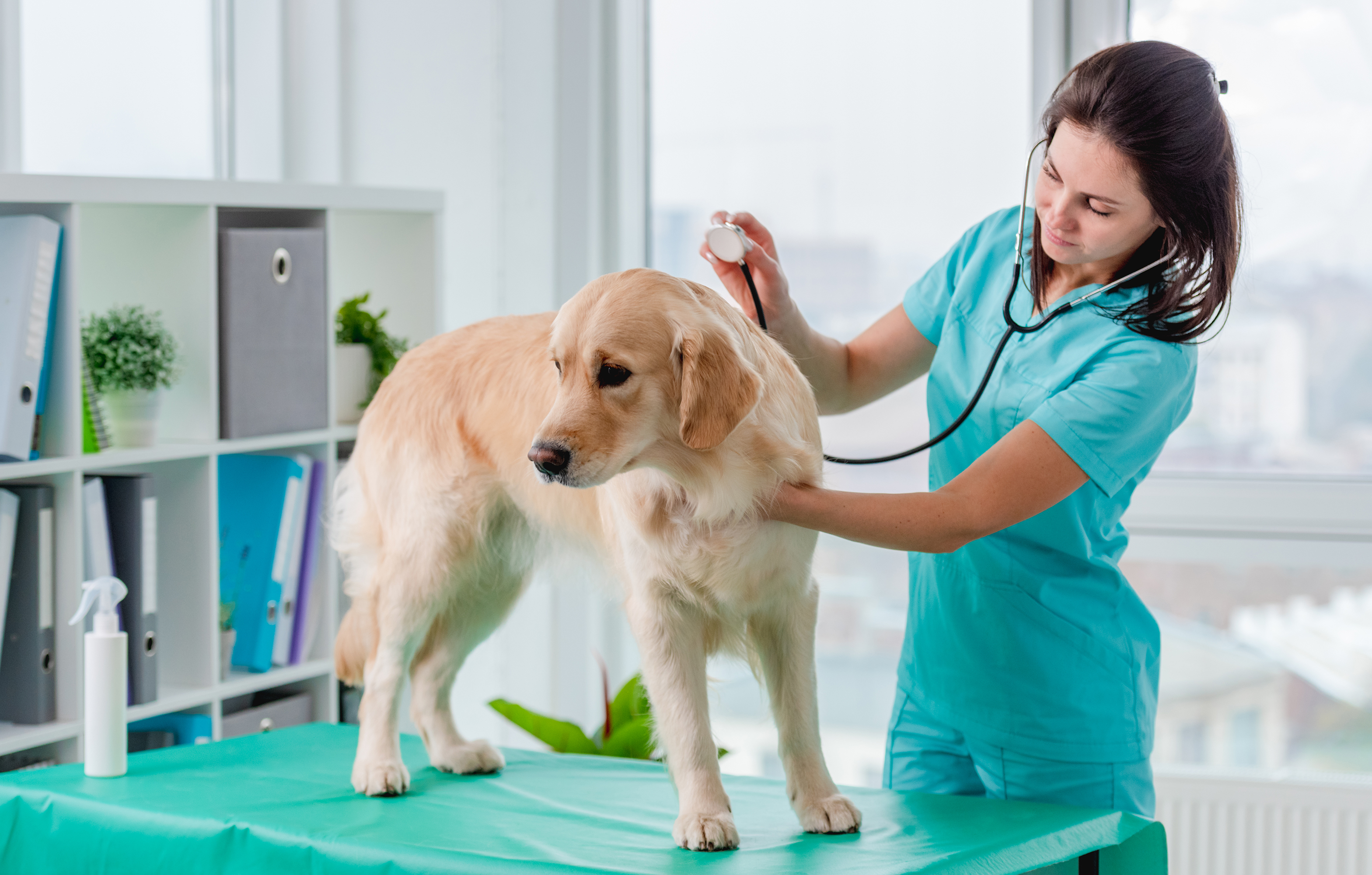10 Preventative Health Tips to Help Your Dog Live Longer
In the world of pet care, the adage "an ounce of prevention is worth a pound of cure" rings particularly true. As dog owners, our furry companions rely on us to ensure their health and well-being. One of the most impactful ways to extend your dog's lifespan is through preventative health measures. This proactive approach not only enhances their quality of life but also reduces the risk of serious health issues that can arise with age. Preventative health encompasses a range of practices, from regular veterinary visits to proper nutrition and exercise. By focusing on these areas, you can significantly increase your dog's chances of living a longer, healthier life.
1. Regular Veterinary Check-Ups: The Cornerstone of Preventative Health

Regular veterinary check-ups are the cornerstone of preventative health care for dogs. These visits are essential for monitoring your dog's overall health and catching any potential issues before they become serious problems. During a check-up, your veterinarian will conduct a thorough physical examination, checking for signs of illness or abnormalities. This includes assessing your dog's weight, heart rate, and respiratory function, as well as examining their eyes, ears, and skin. Regular check-ups also provide an opportunity for your vet to update vaccinations, which are crucial for preventing diseases such as rabies, parvovirus, and distemper.
Beyond the physical examination, regular veterinary visits allow for important health screenings. Blood tests can reveal underlying conditions that may not be evident through a physical exam alone, such as kidney disease or diabetes. Early detection of such conditions can significantly improve treatment outcomes and enhance your dog's quality of life. Additionally, your vet can advise on flea and tick prevention, heartworm testing, and other necessary preventive measures tailored to your dog's specific needs and lifestyle.
Establishing a routine of regular veterinary check-ups fosters a strong relationship between you, your dog, and your veterinarian. This partnership is invaluable, as it allows for open communication about your dog's health and behavior. Your vet can provide guidance on nutrition, exercise, and other aspects of care, ensuring that your dog receives comprehensive, individualized attention. By prioritizing regular check-ups, you are taking a proactive step in safeguarding your dog's health and well-being, ultimately contributing to a longer, healthier life.